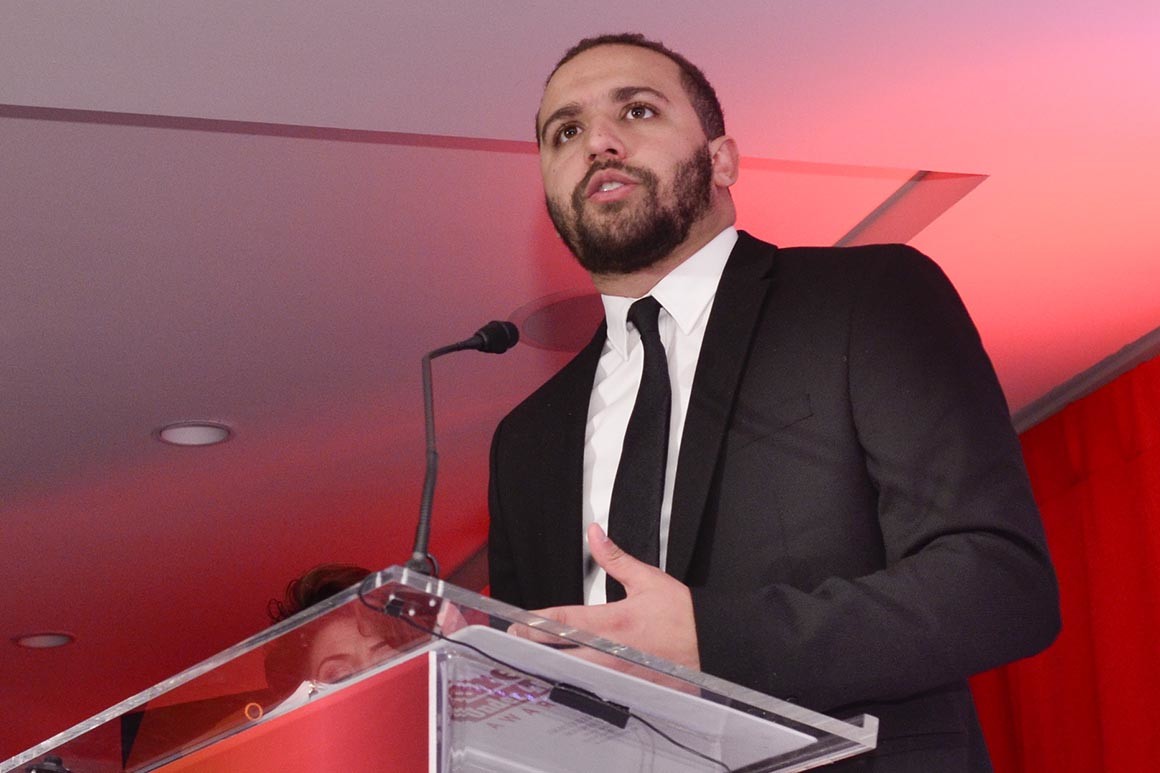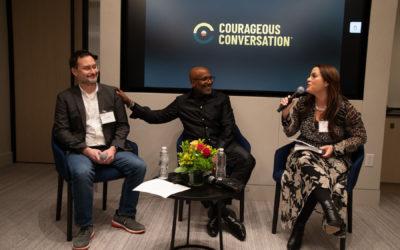By Michael Calderone—July 29, 2019
The Associated Press earlier this year shifted a national race and ethnicity reporter to its 2020 election team, an acknowledgment that race has become a defining element of President Donald Trump’s campaigns.
That beat, assigned to reporter Errin Haines Whack, is fairly unusual among major news organizations. And media outlets’ approach to covering race is frustrating some prominent journalists of color at a time when Trump’s language — as he recently called a civil rights leader a “con man” and referring to a predominantly black district, which includes much of Baltimore, as a “disgusting rat and rodent infested mess” this week — is threatening to define the campaign.
Some journalists of color are growing increasingly vocal in their push for media outlets to take race head-on in political coverage — and they are publicly highlighting the ways they say Trump’s words and the semantic debates over whether to call them “racist” weigh on them personally.
CNN anchor Victor Blackwell, a Baltimore native, went viral over the weekend for a reported and emotional segment Saturday in which he detailed how the president uses words like “infested” to refer to people of color.
“The president says … no human would want to live there,” Blackwell said of Trump’s tweets about the district represented by Democratic Rep. Elijah Cummings. “You know who did, Mr. President? I did, from the day I was brought home from the hospital to the day I left for college, and a lot of people I care about still do.”
New York Times reporter Astead Herndon said last week during a BuzzFeed News panel that reporters of color sometimes feel they have to be “the black public editor of our newsrooms.” Axios’ Alexi McCammond recently said on MSNBC that it is “an incredibly difficult time to be a person of color, to be a woman of color, to be a journalist.”
And New York Times Magazine correspondent Nikole Hannah-Jones tweeted Saturday that “while some of y’all reporters are out here talking about how reporting on Trump is ‘fun,’ your black and brown colleagues are having to deal with the psychic impacts of his racism.”
“Sometimes we as an industry don’t understand how psychologically and emotionally tolling these conversations can be,” Washington Post reporter Wesley Lowery told POLITICO, adding that white colleagues are “having a high-minded conversation about things that impact your life every day.”
Lowery wasn’t in the room two weeks ago when Post senior editors concluded that Trump’s tweet telling four Democratic congresswomen of color to “go back” to their native countries was racist. But hours before that decision became public, he tweeted to accuse the media of cowardice and journalists of contorting themselves to avoid using the word.
Lowery told POLITICO he hoped decision-makers in his newsroom and others got his message.
“Social media provides an important outlet for minority journalists to speak clearly and decisively about how they see things and create external pressure that forces institutions not only to respond, but to consider perspectives they might not hear,” he said.
Read more at Politico.




